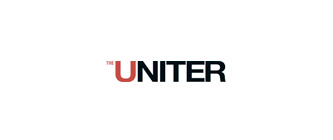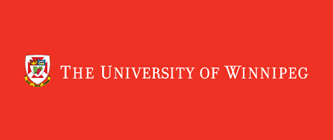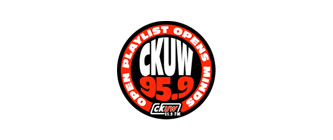Five Years after the Truth and Reconciliation Commission’s Report and Calls to Action
December 15th, 2020
On December 15, 2015, the Truth and Reconciliation Commission of Canada (TRC) released its Final Report – a report that laid the foundation for a path forward towards “establishing and maintaining a mutually respectful relationship between Indigenous and non-Indigenous peoples in Canada.” On June 2, 2015, more than 700 community members gathered in The University of Winnipeg’s Riddell Hall to witness Senator Murray Sinclair deliver the Truth and Reconciliation Commission Report and read out the 94 Calls to Action. After listening to the experience and learning of the trauma caused by Canada’s residential school system, it was clear that education would play a crucial role in moving towards healing.
“Education got us into this mess,” Justice (now Senator) Sinclair had said, “and education will get us out of this mess.”
Over the last five years, the University of Winnipeg Students’ Association has been honouring the recommendations of the TRC Report and 94 Calls to Action as it works toward creating an equitable campus at UWinnipeg that both acknowledges and works to dismantle systemic racism.
Today, UWSA 2020-21 President, Shawna Péloquin acknowledges the impact of the TRC on the people in her life. Péloquin says, “To Our Cocoums (also spelled as ‘Kookum’ in Manitoba), our mothers, aunties and all our resilient matriarchs that have carried the heart of our identities through generations of hardship, hurt and violence: We are forever grateful for your perseverance in the face of genocide, for your resilience in raising your voice for the Truth to be heard, and for the love you’ve guided us with. Today as we acknowledge the Truth and Reconciliation report and the accomplishment and improvement that happens since in our Indigenous collective, it’s important to me to remind us that without our Elders’ determination we would not be who and where we are now, and where we need to be for our next generation. Kizagin Cocoums.”
The UWSA would also like to acknowledge the work of the UWinnipeg Aboriginal Student Service Centre (ASSC) and of the Indigenous Students’ Association for creating space for Indigenous students on campus and for the crucial supports that they provide.
UWinnipeg is home to several Elders who have supported Indigenous and non-Indigenous students alike in taking the steps necessary to engage in the process of reconciliation all while managing their own experiences, including inter-generational trauma. Today, UWSA would like to acknowledge the work of all the past and current Elders on campus. Their contributions are immeasurable and their names are listed below:
- Dan Thomas
- Sharon Pelletier
- Margaret Osborne
- Ruth Christie
- Calvin Pompana
- Larry Monkman
- Robert Green
- Hector Pierre
- Clara Hart
- Levinia Brown
- Linda McEvoy
- Robert Apetagon
- Barb Nepinak
Since the TRC report was published, we have seen many new initiatives by UWinnipeg like the establishment of the Urban Inner-City Studies Department at Merchant’s Corner, Wii Chiiwaakanak Learning Centre, Indigenous language courses, Indigenous Summer Scholars Program, Indigenous Advisory Circle, and much more.
Some of the initiatives started and supported by the UWSA include the student-led initiative of implementing the Indigenous Course Requirement at UWinnipeg, campaigns like Divestment, ReconciliACTION, the creation of a UWSA Indigenous Advisory Circle, and more. None of this would be possible without the contributions of UWSA Indigenous Executives, Directors, and staff who have persevered despite the challenges of working in a colonial institution.
Today is also a time to reflect that although we have made progress, there is a long way to go towards achieving reconciliation. Undoing the trauma of generations will take much more than five years. We encourage all students, faculty, and staff of the UWSA and UWinnipeg to educate themselves on the 94 Calls to Action, and to think creatively and introspectively regarding how the Calls to Action can be applied to their personal and professional lives. For Non-Indigenous UWSA members, we recommend the TRC Reading Guide by Manitoba Harm Reduction Network.
To commemorate this event, the UWSA will host a de-colonization focused workshop in the 2021 Winter Term. More details will be available in January 2021.
In solidarity,
The University of Winnipeg Students’ Association

 Voting for the UWSA 2020 By-Elections opens Monday, Oct 26 at 9 AM and ends on Oct 28 at 6 PM! ⠀
Voting for the UWSA 2020 By-Elections opens Monday, Oct 26 at 9 AM and ends on Oct 28 at 6 PM! ⠀ Check your Webmail on Monday morning (including spam!) for your unique ID, password, and voting link.
Check your Webmail on Monday morning (including spam!) for your unique ID, password, and voting link.



